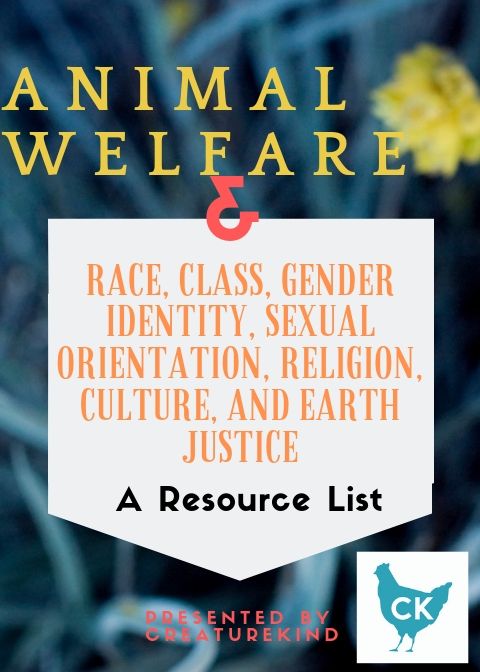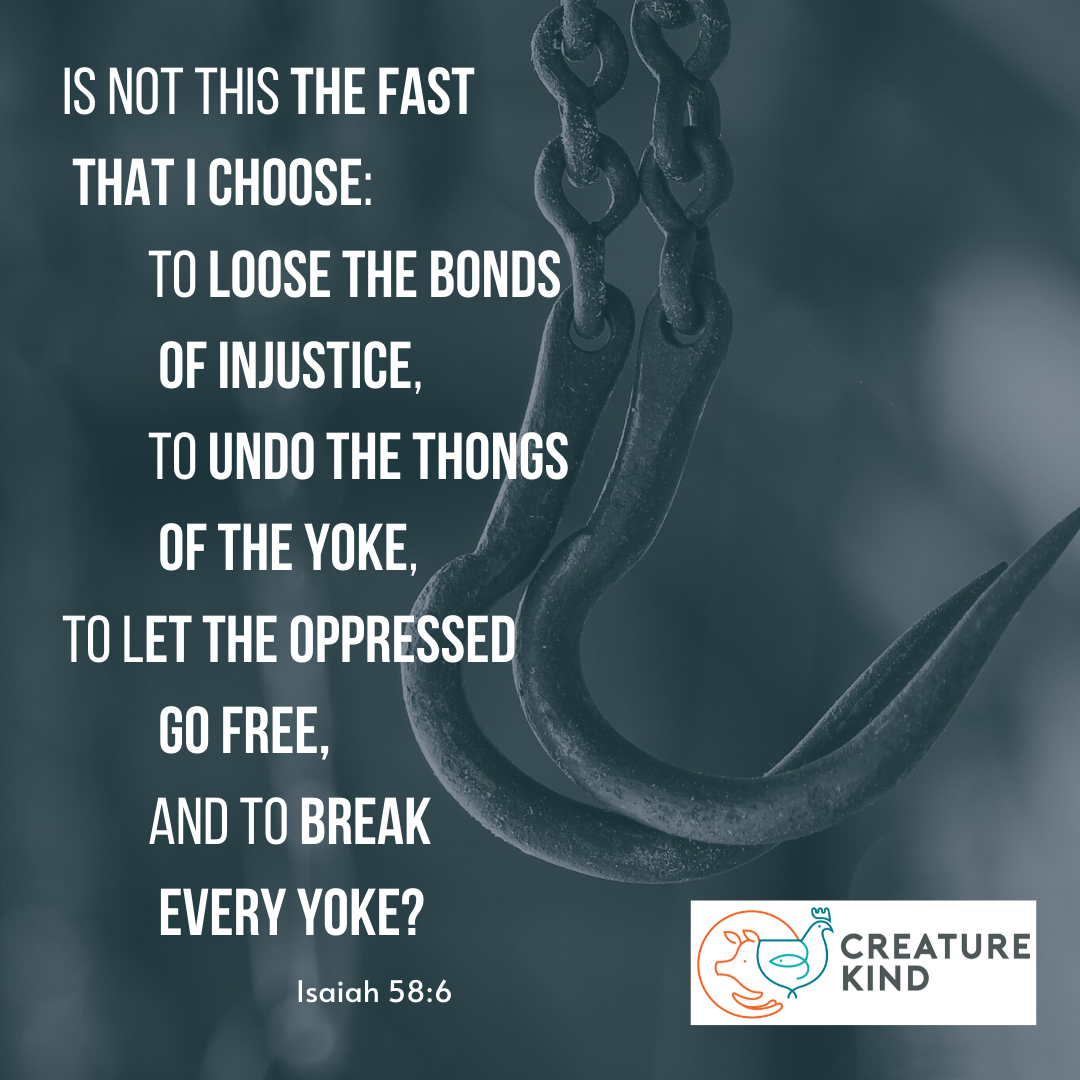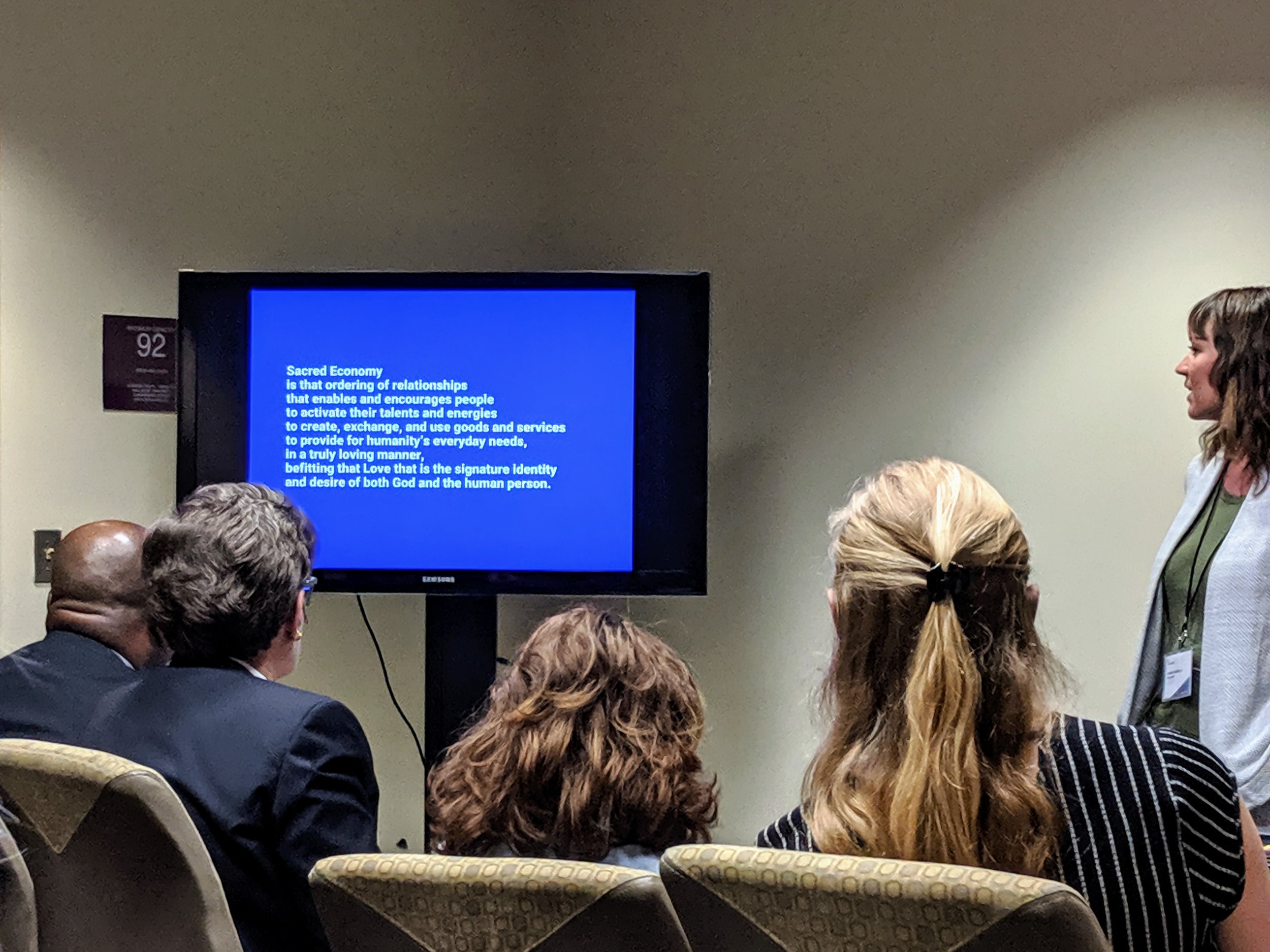by Nathan Porter
“You’re vegan? But I thought you were a Christian!” Comments like this one are familiar to followers of Jesus who have given up the use of animal products. I have been vegetarian for almost half a decade, and recently went vegan. Although I have received criticism from both religious and non-religious people, most of the censuring has come from my fellow Christians. This is at once expected and deeply unsettling: expected, because concern for animals has come to be associated with secular social and political projects; unsettling, because I believe that Christian theology provides a powerful impetus to care for the created order. Indeed, as a bit of historical digging reveals, modern animal welfare movements originated in early evangelicalism. Luminaries such as John Wesley, Charles Spurgeon, Hannah Moore, Augustus Toplady (author of “Rock of Ages, Cleft for Me”), and many others wrote and preached unabashedly against cruelty to animals, while William Wilberforce and several evangelical clerics helped to established the first animal protection organization.
This history has largely been forgotten by today’s Christians, but it raises important questions for the contemporary church. What was it about evangelical Christianity that gave rise to animal welfare, and does it still have value for the church today? As a CreatureKind Fellow, I am setting up conversations between scholars, pastors, and laity to make a start at answering this question. Our discussions will highlight the wealth of resources that can be drawn from many streams of the Christian tradition in the service of the Gospel, clarifying and enriching the church’s vocation to confront sin in an age of factory farming. These resources will be drawn from Scripture, patristic theology, ascetical theology, and other sources, placing them in conversation with contemporary voices in animal justice.
“If dominion is part of what it means to carry the image of God, then it must be defined by the servant king who is the true Image of the Invisible (Colossians 1). ”
I hope that discussions like these will help the church to recognize its freedom to care for animals, not despite, but precisely because of its faithfulness to Jesus and the Gospel. For there are distinctly Christian reasons to be concerned about the wellbeing of other animals. I will consider two of them here. First, and above all, this concern is grounded in Scripture. God created a world that was inhabited first of all by animals, to whom the earth was given for a home before humanity took its first breath. God commissioned Adam to name the animals – a covenant-establishing act between humanity and other creatures that recalls God’s naming of Adam, Abraham, Sarah, and Israel, marking them out as recipients of blessing rather than as objects to be dominated. In the Flood narrative, God does not simply save humans and wipe out the animal world, but saves humans and animals alike. The concern and providential care that God exercises over all creation is a constant theme of the Psalter. The prophets witness to the terrifying effects of human sin upon other the created order (Isaiah, Jeremiah, and Hosea), and similarly express God’s tender care for animals in their suffering (esp. Joel 1-2 and Jonah 4). Jesus’ victory over Satan in the wilderness results in a moment of peaceful co-existence with the animals of the desert (Mark 1.13), and Paul claims that the whole creation groans in its longing for the revelation of God’s children (Rom 8). The sacrifice of animals comes to an end with the death of Christ (Hebrews), who dies the death of a lamb – in place of human beings, to be sure, but also in place of the animals who were thought necessary for reconciliation with God. So it is far from clear that “dominion,” whatever it means, gives humans tyrannical autonomy in our treatment of other creatures. (The work of Ellen Davis, Walter Brueggemann, and Richard Bauckham provides detailed exegesis of these and other important passages.) If dominion is part of what it means to carry the image of God, then it must be defined by the servant king who is the true Image of the Invisible (Colossians 1). Our view of animals must be subject to the judgement of the cross of Christ, where the patterns of domination that determine creaturely relationships stand condemned once and for all. The crucified Word of God, the head over all creation, revealed his lordship in self-giving love, refusing to exploit the vulnerability of others for his own ends. God’s reign in the world means liberation, a gift of freedom that extends to the whole created order.
Second, concern for animals is grounded in the resurrection of Jesus. Christians who defend the eating of animals frequently argue that our world is fallen, governed by death and broken relationships between humans and other creatures, so that abuse of other creatures is simply part of the world we live in. Of course, it can hardly be denied that something is terribly wrong with the world as it stands. It does not follow, however, that the church is justified in accepting this brokenness as determinative for its own way of life. The resurrection of Jesus from the dead has inaugurated a new reality, one in which suffering and death do not have the last word in Christian ethics. The risen Lord holds the keys of death and Hades, and the New Testament insists that those who have been baptized into Christ have died and been resurrected with him. As Paul wrote in 2 Corinthians, “If anyone is in Christ – new creation!” This means that followers of Jesus are not justified in giving the old order of violence, greed, and subjugation a say in Christian ethics. To do so is to deny the transformative power of the risen Lord.
“The resurrection of Jesus from the dead has inaugurated a new reality, one in which suffering and death do not have the last word in Christian ethics. ”
It must not be forgotten, of course, that the promised future of God has yet to arrive in its fullness. Nonetheless, the church exists as a kind of outpost of that future, inhabiting the frontier that divides the old order from the new reality that God will one day usher in. It should come as no surprise that giving up the use of animals is extraordinarily difficult. It demands a genuinely ascetical way of life that embraces voluntary self-denial for the sake of our fellow creatures. This is misunderstood by many Protestants as a kind of “works righteousness,” but it is best understood as part of the process of sanctification. The aim is not asceticism for its own sake. What looks like self-denial now will be ubiquitous as a way of life when Christ returns. Yet such a way of going about in the world, embodying as it does the radical otherness of God’s future in the face of present structures of political and social life, unavoidably entails an ascetical view of the possibilities that are available to those who have been confronted by the demands of the Gospel. Indeed, for many people, veganism is experienced as a rupture, a dramatic break with the sort of life they had previously lived. Many familiar and cherished foods are now off the table (literally); one’s favorite restaurants may become forbidden territory. Tensions may arise between friends, with whom one can no longer share a cheeseburger, and between relatives, with whom one can no longer share a Thanksgiving turkey. It takes a great deal of time and work to find new ways to experience flourishing as an individual and in community (though such ways are increasingly available). Those who give up the use of animals find themselves in the center of the collision of God’s future with the brokenness of reality as we know it, so we should not be surprised that it is difficult and requires self-sacrifice. Although not all struggle is a good thing (especially when it is forced upon one by others), however, struggle is not by nature un-Christian. Forms of life that are built upon the abuse and exploitation of other creatures, the social and political ways of being in the world that press upon us in modernity, stand under the judgement of God, and it is faith in the risen Lord that compels Christians to resist them.
This, at any rate, is why I am a Christian vegan. At the same time, I realize that all theology is done in space and time, and therefore from a specific location. Mine is a situation of economic, social, and racial privilege, which necessarily qualifies the ascetical theology just outlined. For many people throughout the world, eating meat is a privilege that can hardly be taken for granted. What I have just written is directed to those for whom this is not true, and I recognize that the right approach to animal welfare will look very different in different contexts. I also recognize that sins against other human beings are deeply entangled with sins against animals. Not only has industrialized agriculture been built upon and fueled by racism, but racism has even infected the struggle for animal justice. Mainstream environmentalism and animal protection have too often been defined and driven by what Christopher Carter has called the “white racial frame.” No adequate Christian approach to the crisis of modern agriculture can afford to ignore the voices of those who have suffered from it. It is imperative to include the perspectives of Black, Brown, and Indigenous people of color who have suffered from the racism that is endemic to factory farming and who are also among those at the front lines of the fight for animals. This is a matter about which I am learning more on a daily basis, and my own assumptions are increasingly called into question by those who approach the issue from very different starting points. Yet this dialogue is crucial to the development of a truly Christian conception of animal justice, and it is one to which I am committed.
It is tragically unsurprising that the church has ignored the plight of animals when its white constituency has just as willfully ignored or been the perpetrators of racial subjugation. Christians who cannot love their fellow humans will be equally incapable of loving other-than-human creatures. All forms of domination embody the reign of death that loyalty to Jesus compels the church to renounce, for just to the extent that the church remains complicit in the suffering of humans and other animals, it sets itself against the life-giving power that flows from the resurrected Christ. But the situation is not hopeless, as the unexpected blossoming of concern for animals in early evangelicalism reveals. It is my earnest hope that the church will come to recognize the wealth of theological resources that are at its disposal in the struggle on behalf of animals – not only traditional resources, but also those that can be found only in conversation with people whose voices have often been excluded. Then will the church’s pursuit of justice truly reflect “the wisdom of God in all its rich variety” (Ephesians 3.10).
Nathan Porter is a student at Duke Divinity School in Durham, North Carolina. He is pursuing a career in academia (focusing on patristic creation theology) and seeking ordination as an Anglican priest. His passion for animal justice, creation theology, and preaching led him to CreatureKind, and he hopes that this fellowship will launch his life-long work on behalf of all God’s creatures.









